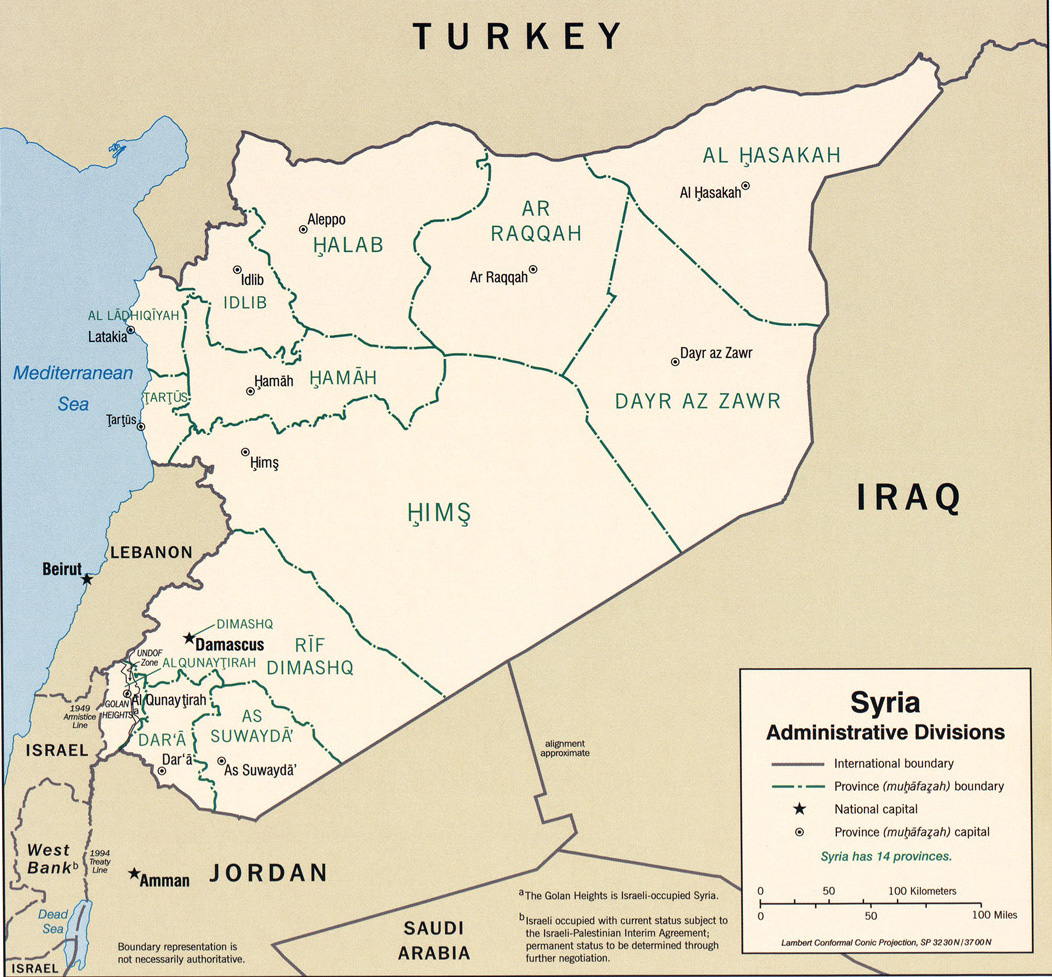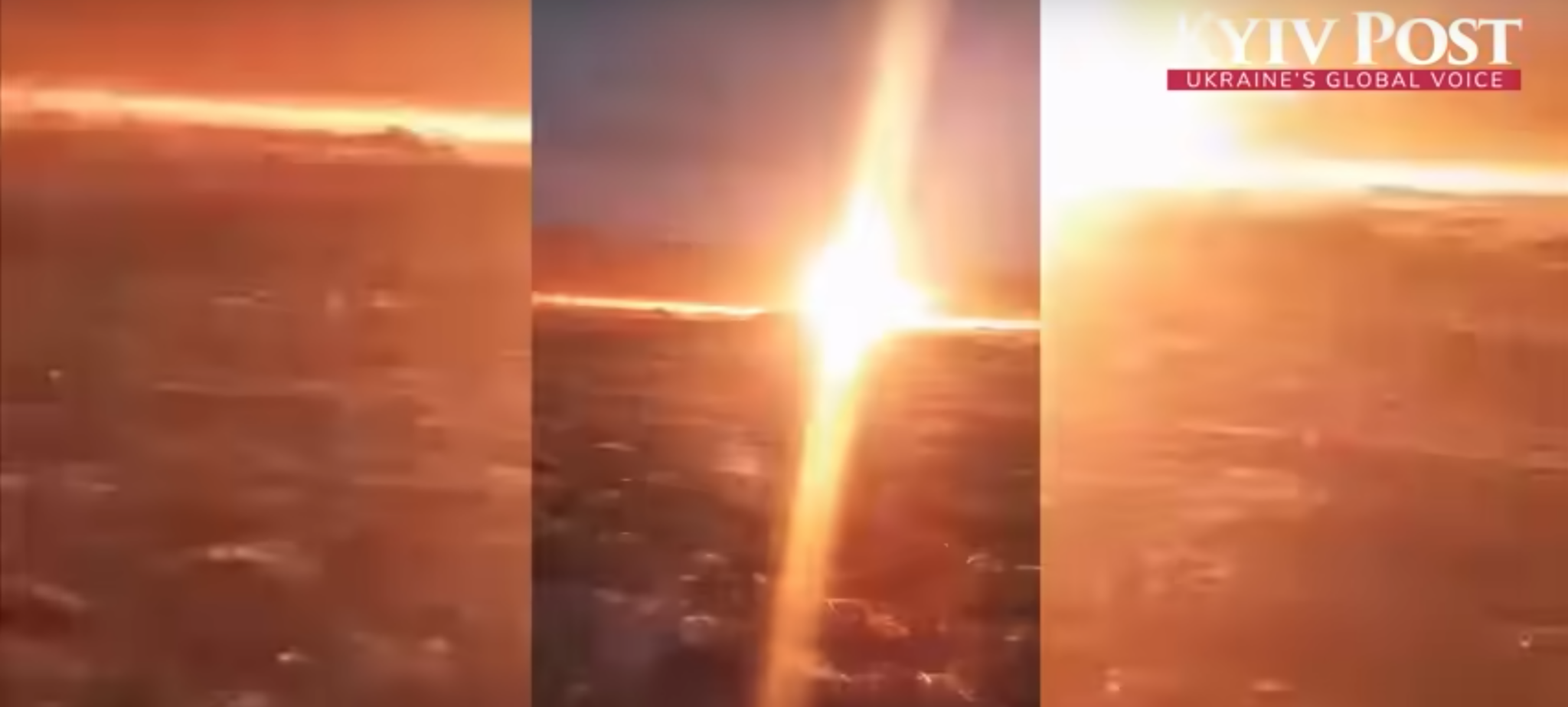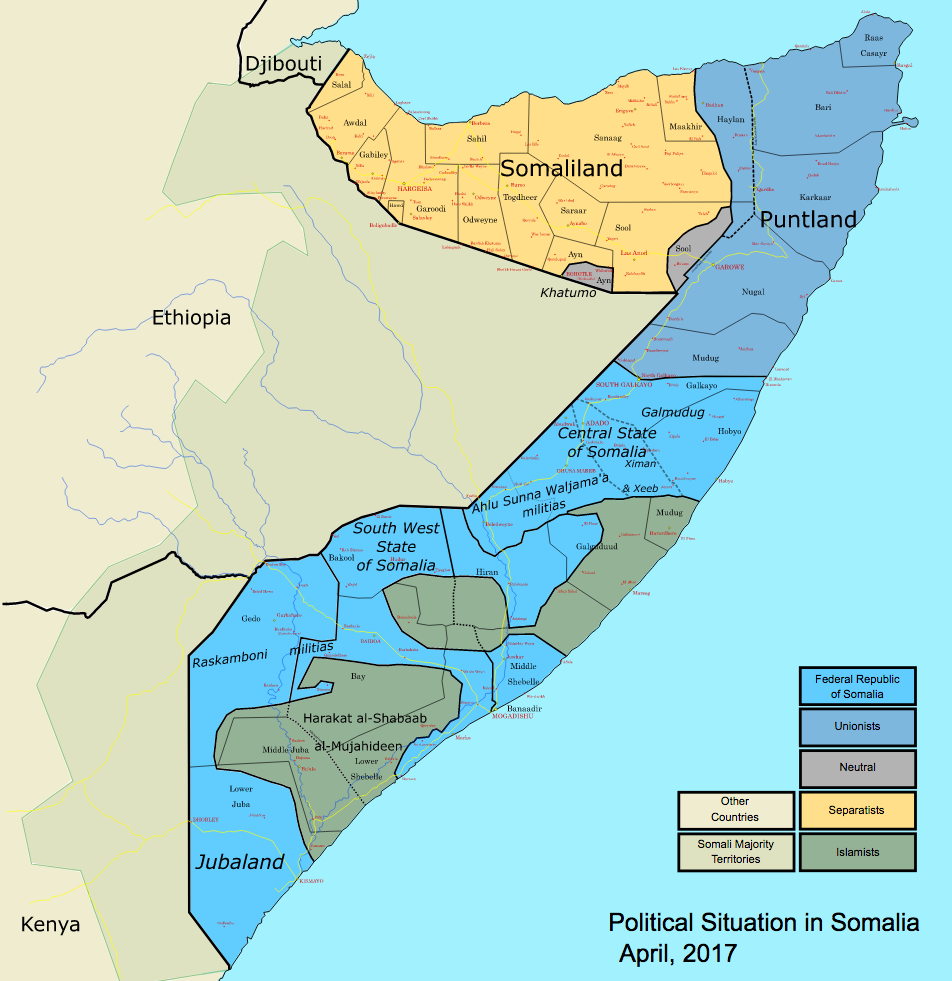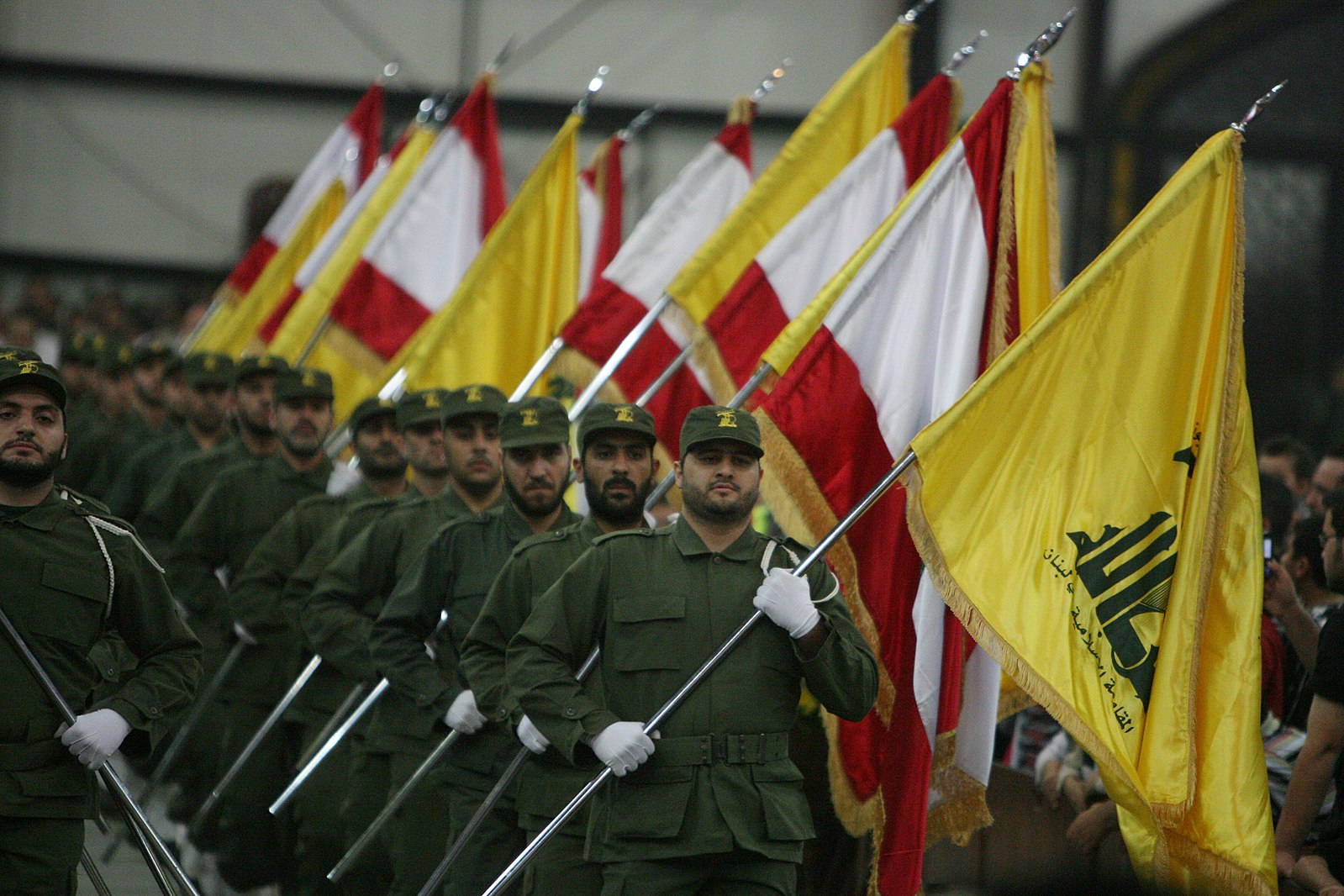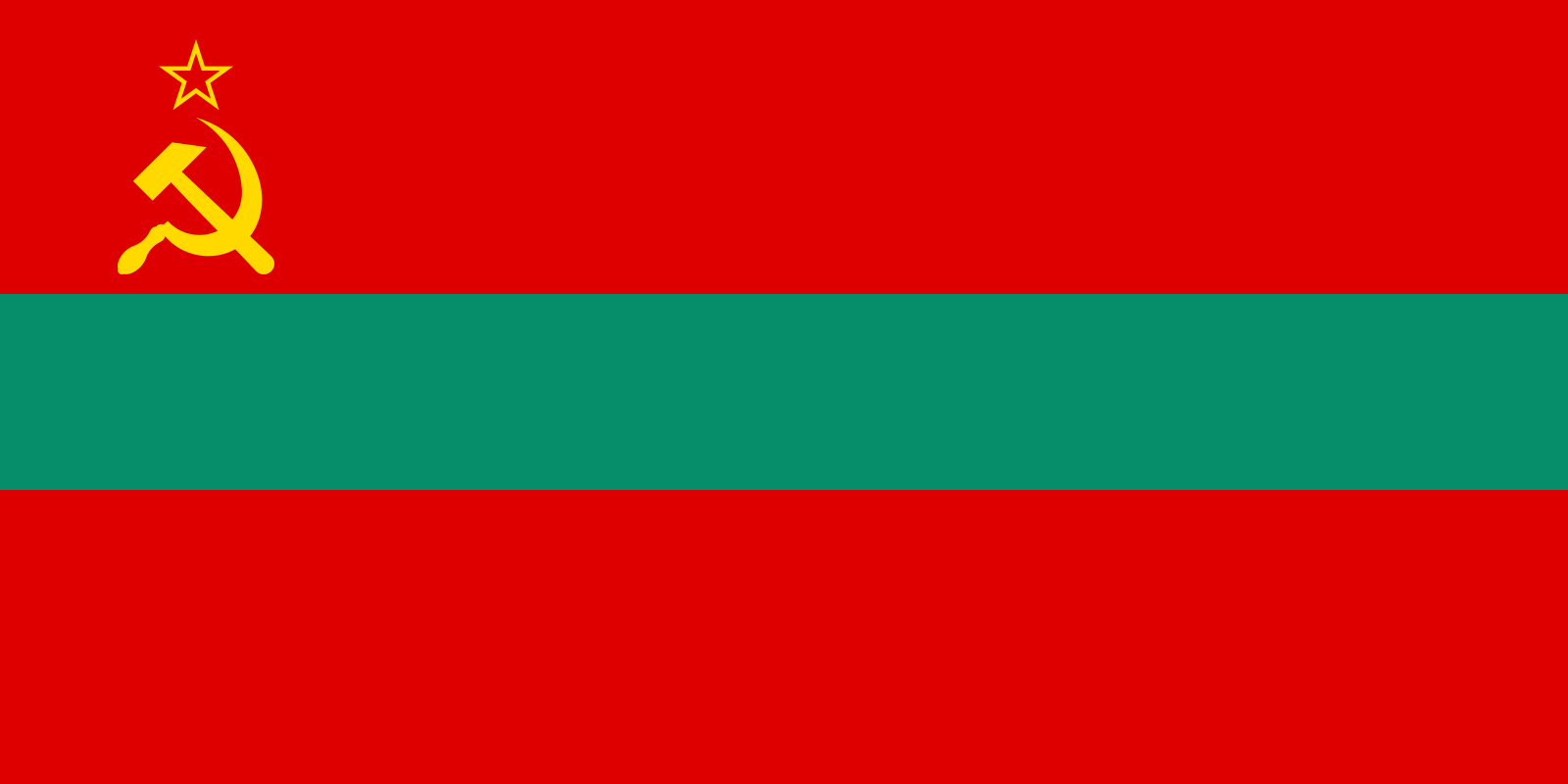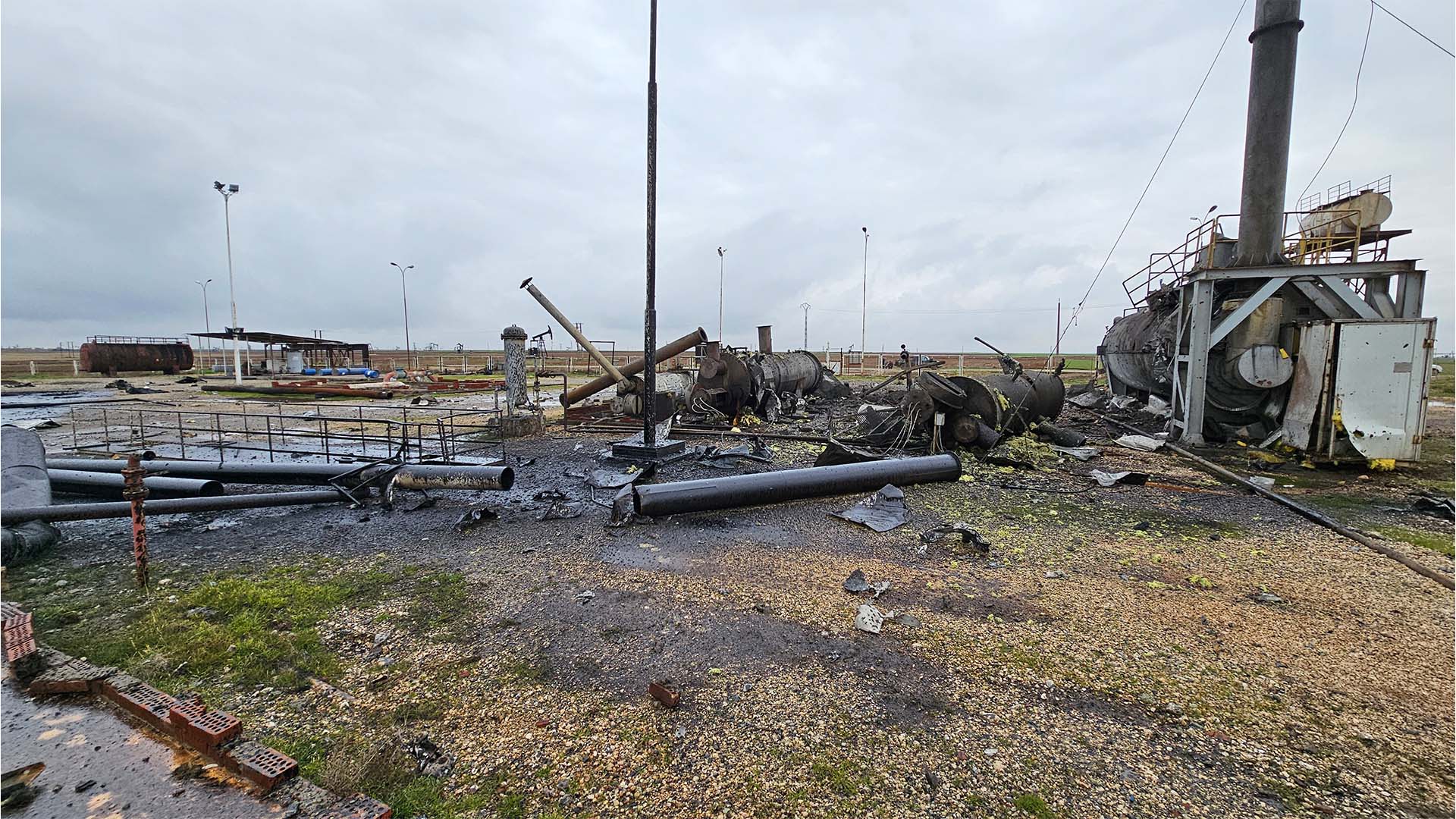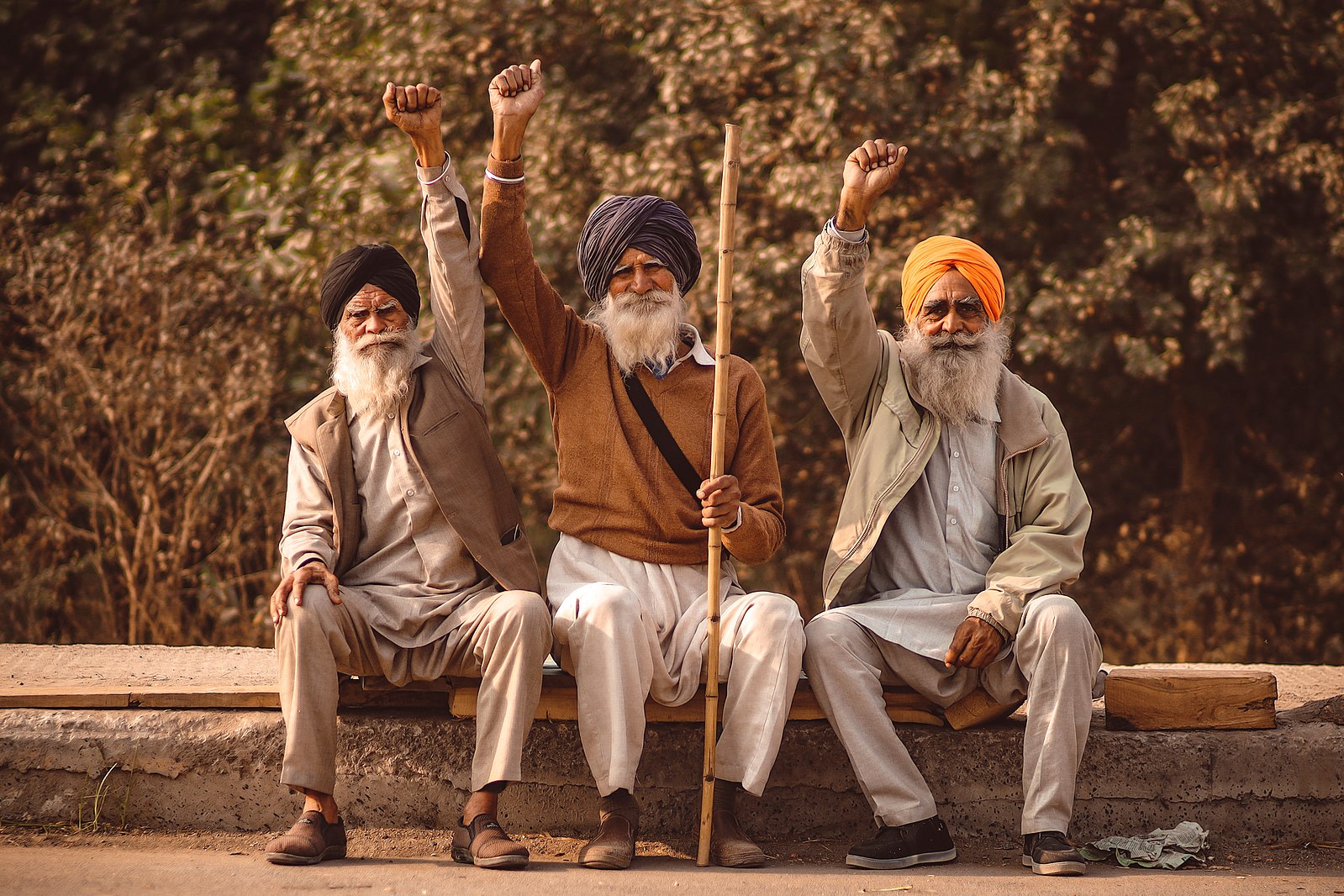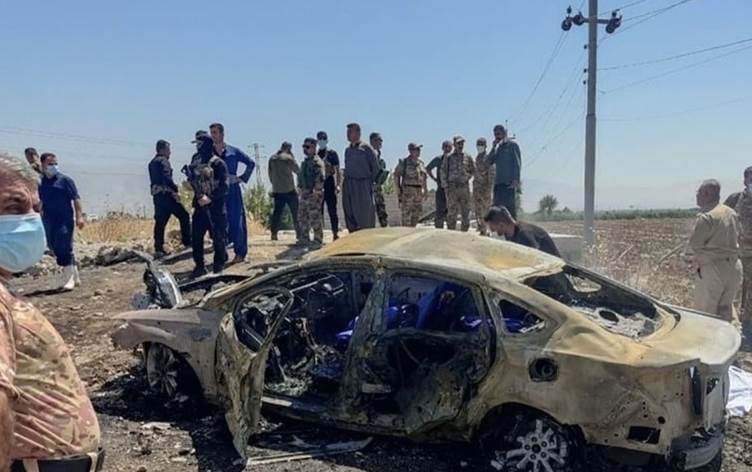
Turkish drone strike kills two journalists in Iraq
A Turkish drone strike in northern Iraq’s Kurdish region evidently killed two female journalists, Hero Baha’uddin and Golestan Tara. Both journalists worked for local Kurdish media outlet Sterk TV and were traveling near the village of Teperash in Sulaimaniyah province when the strike hit, according to local reports. The strikes targeted a vehicle believed to be carrying members of the Kurdistan Workers’ Party (PKK). Iraq’s Kurdistan Regional Government confirmed that the strike killed a PKK official, along with his guard and driver. It remains unclear whether the journalists were in the same vehicle as the PKK members or if multiple vehicles were struck. In addition to the fatalities, the attack injured six other journalists. (Photo: Rudaw)



